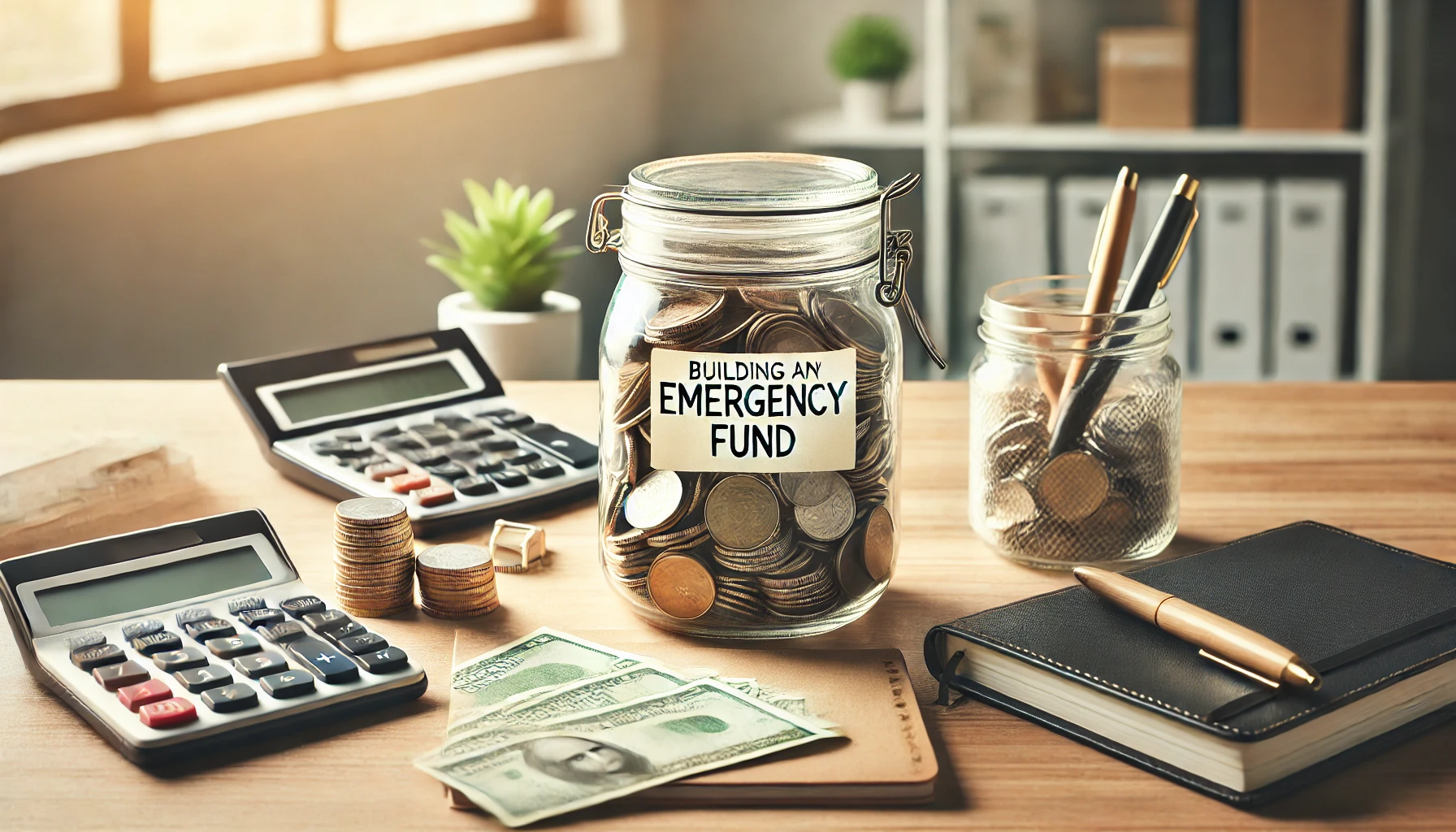
Building an Emergency Fund
Why Having an Emergency Fund is Crucial
An emergency fund is your financial safety net that helps you manage unexpected expenses, like medical bills, car repairs, or job loss. Without it, you might be forced to rely on high-interest debt, like credit cards, to cover these costs, which can lead to a cycle of debt that's hard to break.
How Much Should You Save?
Financial experts recommend saving 3-6 months' worth of living expenses. However, if that feels overwhelming, start smaller—aim for a goal of $1,000 to cover small emergencies. Once you reach that goal, work towards building up to a more substantial emergency fund.
Where to Keep Your Emergency Fund
Your emergency fund should be kept in a savings account that is easily accessible but not so accessible that you're tempted to dip into it for non-emergencies. A high-yield savings account or a money market account can offer you a balance between easy access and earning some interest on your savings.
Steps to Start Building Your Emergency Fund
Building an emergency fund doesn't have to be difficult. Here’s a simple approach:
- Start by setting a realistic savings goal based on your income and expenses.
- Set up automatic transfers from your checking account to your savings account each payday, even if it's a small amount.
- Look for ways to cut back on unnecessary spending, such as dining out or subscription services, and redirect that money into your emergency fund.
When Should You Use Your Emergency Fund?
Your emergency fund is meant for unexpected situations, such as a car breakdown, a sudden medical emergency, or losing your job. It should not be used for planned expenses like vacations, shopping sprees, or entertainment. Using it wisely will ensure it’s available when you truly need it.
Staying Motivated to Build Your Fund
It can take time to build a substantial emergency fund, but staying motivated is key. Celebrate milestones along the way, such as reaching $500 or $1,000. Remember that every little bit adds up, and you’re creating a safety net that will give you peace of mind in times of crisis.